ABOUT THE EPISODE:
Love is a Many-Splendored Thing; Jennifer Jones in yellow-face is anything but.
SHOW NOTES
Year Eligible: 1955 (Nominated)
Additional audio from Love is a Many-Splendored Thing (1955)
(Explicit language, as always)
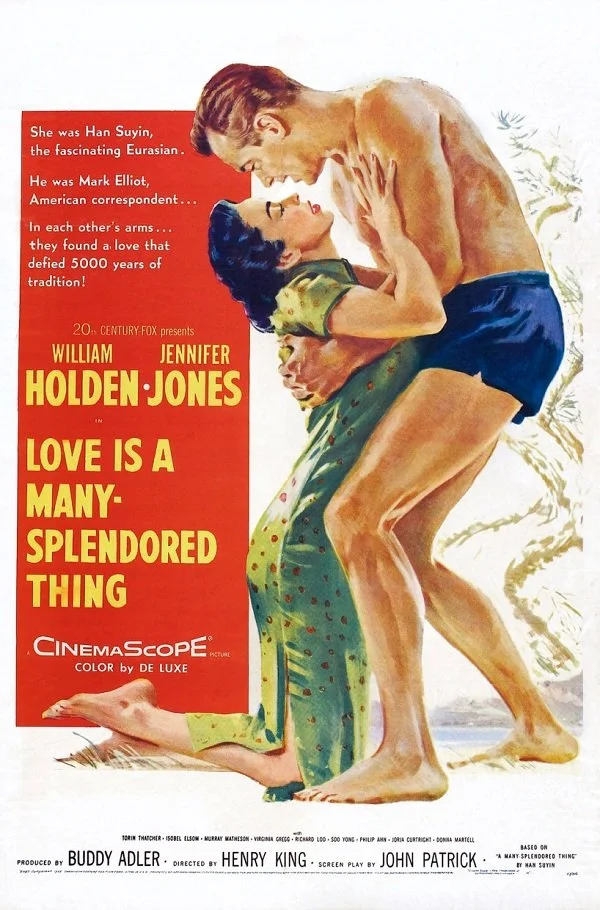
Love is a Many-Splendored Thing; Jennifer Jones in yellow-face is anything but.
Year Eligible: 1955 (Nominated)
Additional audio from Love is a Many-Splendored Thing (1955)
(Explicit language, as always)
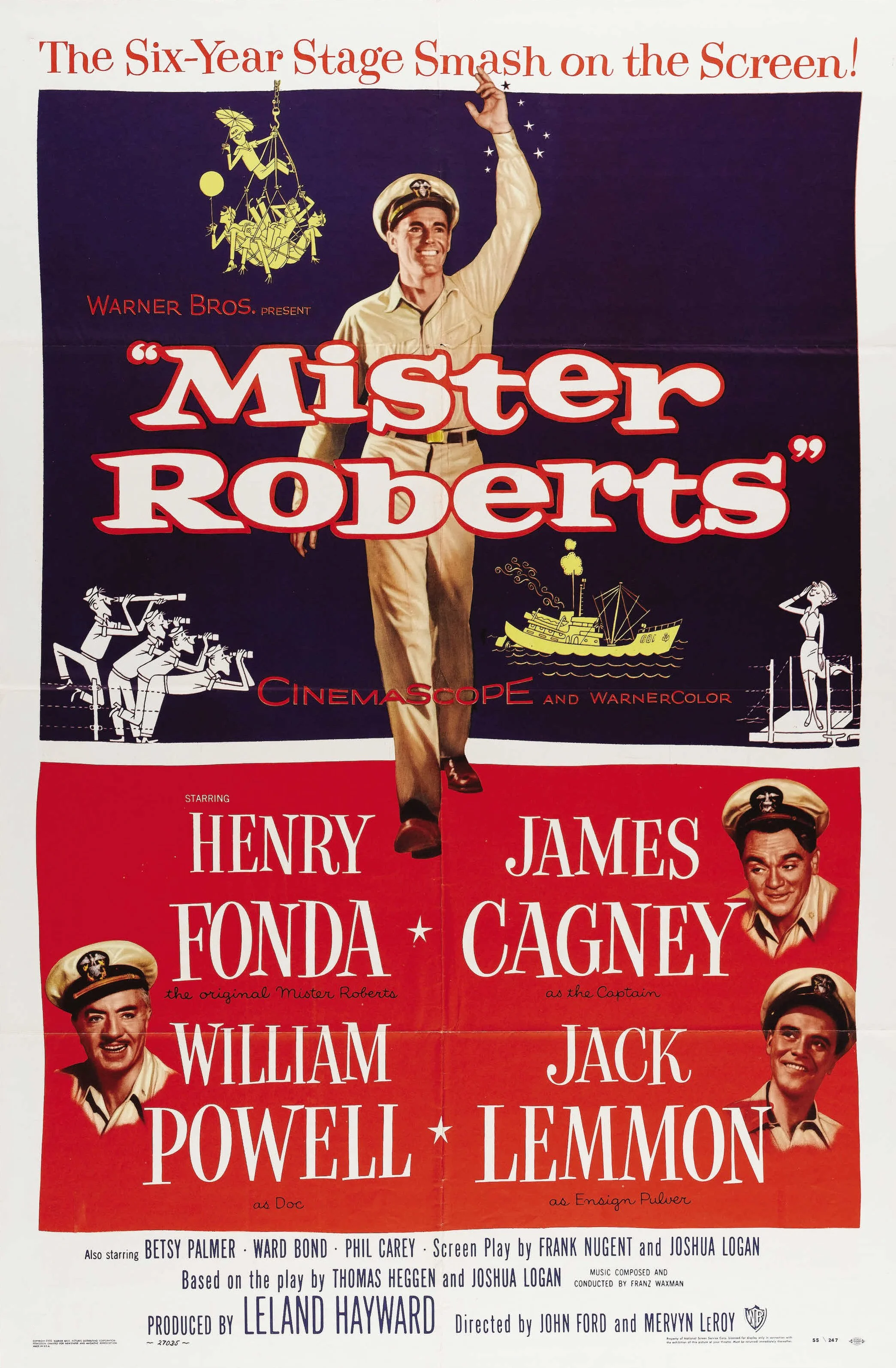
Mister Roberts was the last movie William Powell ever did, and he’s great in it. Unfortunately, he’s not in it very much. Henry Fonda, Jimmy Cagney, and Jack Lemmon all co-star in this US Navy dramedy that had three directors before all was said and done, and the way the tone ricochets all over the place like a pinball launched from a shotgun, it shows!
Year Eligible: 1955 (Nominated)
Additional audio from Mister Roberts (1955)
(Explicit language, as always)
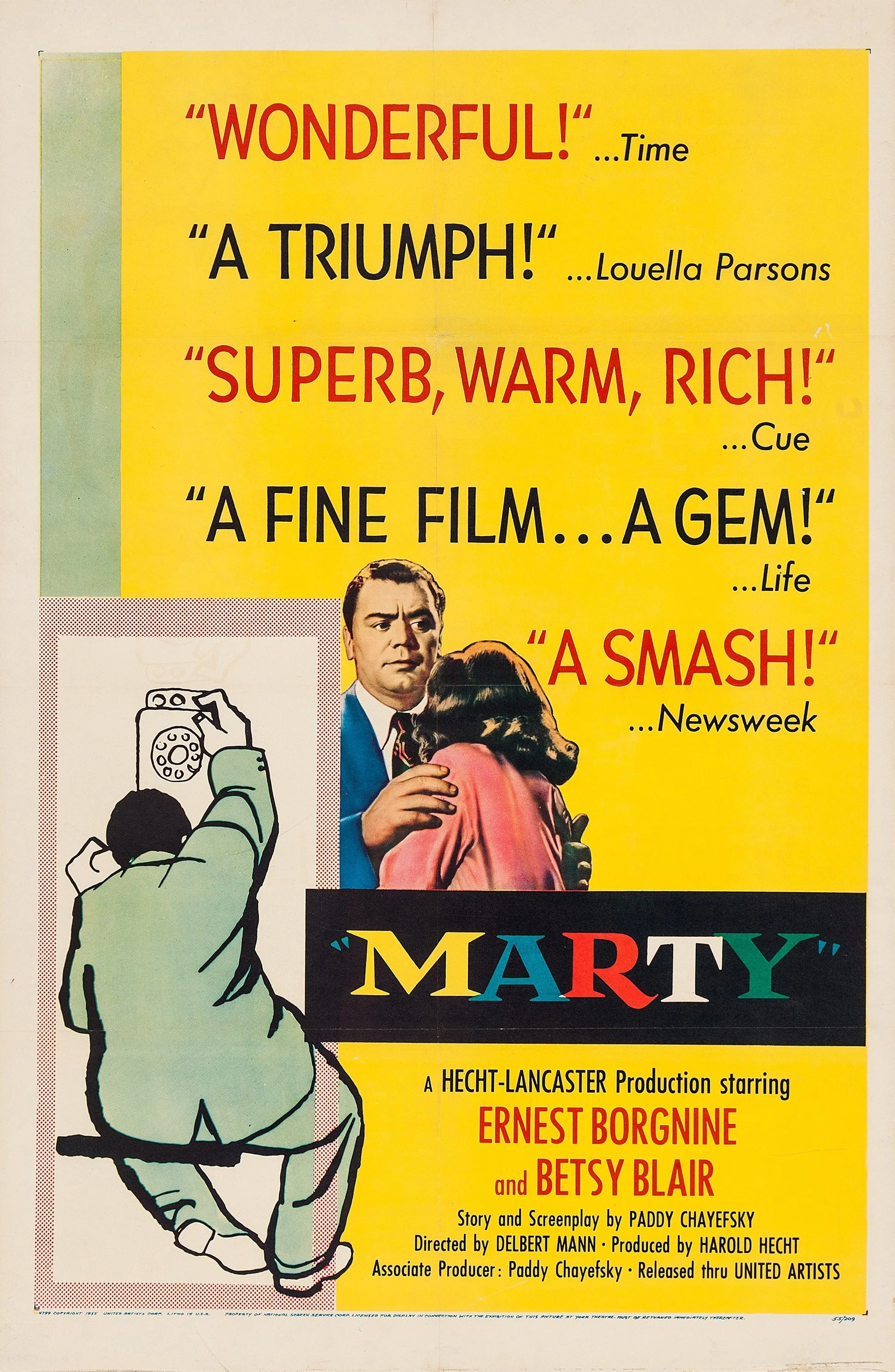
Marty was a one act play that was probably pretty good… So good, in fact, that Hollywood thought it was a great idea to make it into a movie, add a bunch of extraneous stuff, make it nearly twice as long, and ruin it.
Year Eligible: 1955 (Won)
Additional audio from Marty (1955)
(Explicit language, as always)

Bing Crosby plays an abusive, manipulative alcoholic stage actor trying to make a comeback, and Grace Kelly his long suffering, salt of the earth wife, and yet it’s William Holden as the show’s director who is the least believable character in The Country Girl.
Year Eligible: 1954 (Nominated)
Additional audio from The Country Girl (1954)
(Explicit language, as always)

In which Elia Kazan uses Marlon Brando to try to not only justify snitching on his friends and colleagues to the House Un-American Activities Committee, but convince his audience it was heroic. We’re not buying it.
Year Eligible: 1954 (Won)
Additional audio from On the Waterfront (1954)
(Explicit language, as always)
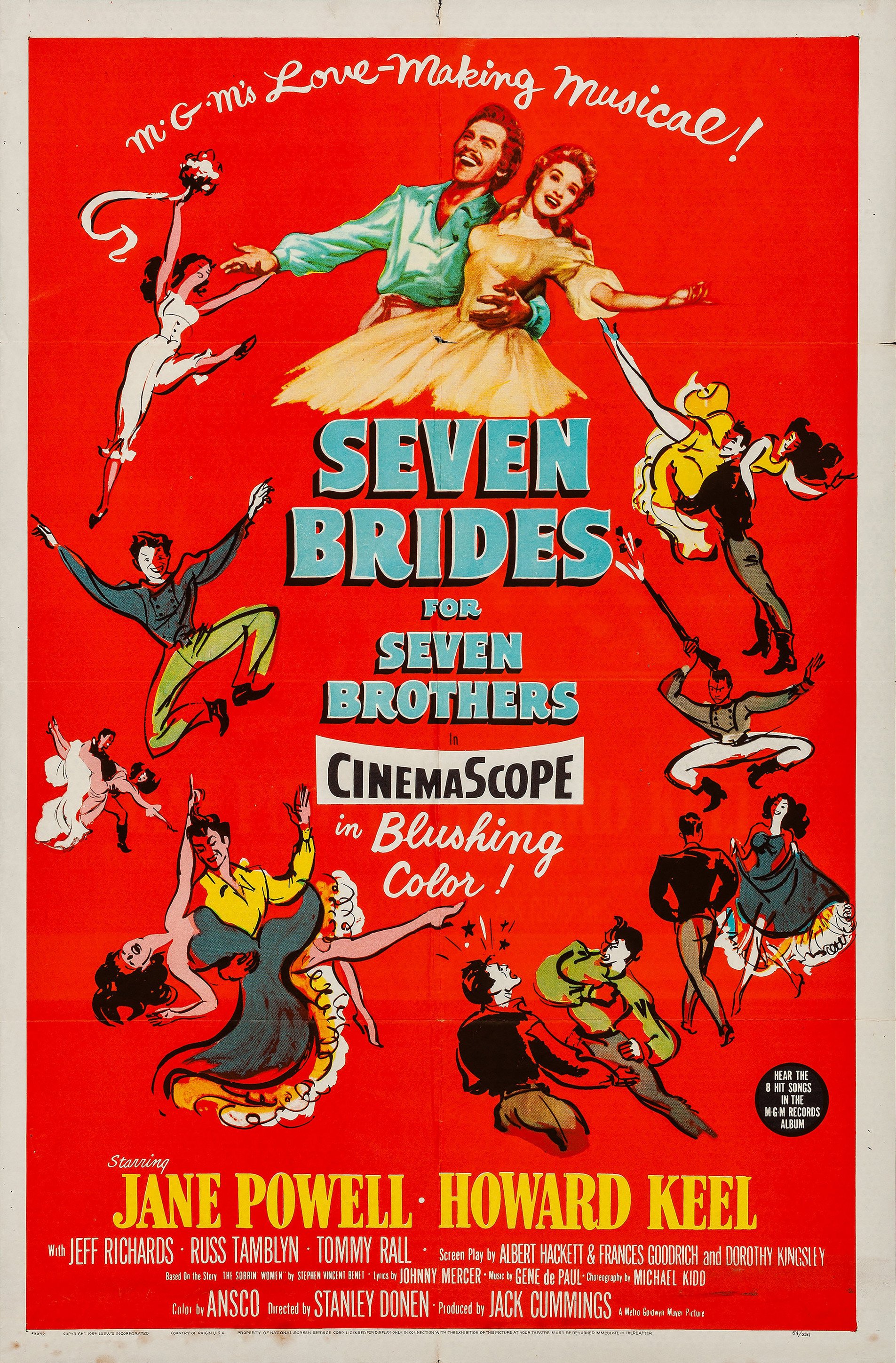
Look, David and Suzan normally don’t side with musical theatre haters, but in the case of Seven Brides for Seven Brothers, they’ll make an exception.
Year Eligible: 1954 (Nominated)
Additional audio from Seven Brides for Seven Brothers (1954)
(Explicit language, as always)

The Caine Mutiny can’t make up its mind if it is an excellent film about the stigma of mental illness, especially in the military, or an embarrassingly boring romantic class dramedy. When Humphrey Bogart and José Ferrer are around, it’s the former and at its best.
Year Eligible: 1954 (Nominated)
Additional audio from The Caine Mutiny (1954)
(Explicit language, as always)

A picture postcard movie of Rome and Venice, Three Coins in the Fountain answers a question our hosts didn’t even know they had: can a movie devoid of stakes be good?
Year Eligible: 1954 (Nominated)
Additional audio from Three Coins in the Fountain (1954)
(Explicit language, as always)

Richard Burton stars in what is quite literally Bible fanfiction that is almost so bad it’s good. Almost.
Year Eligible: 1953 (Nominated)
Additional audio from The Robe (1953)
(Explicit language, as always)
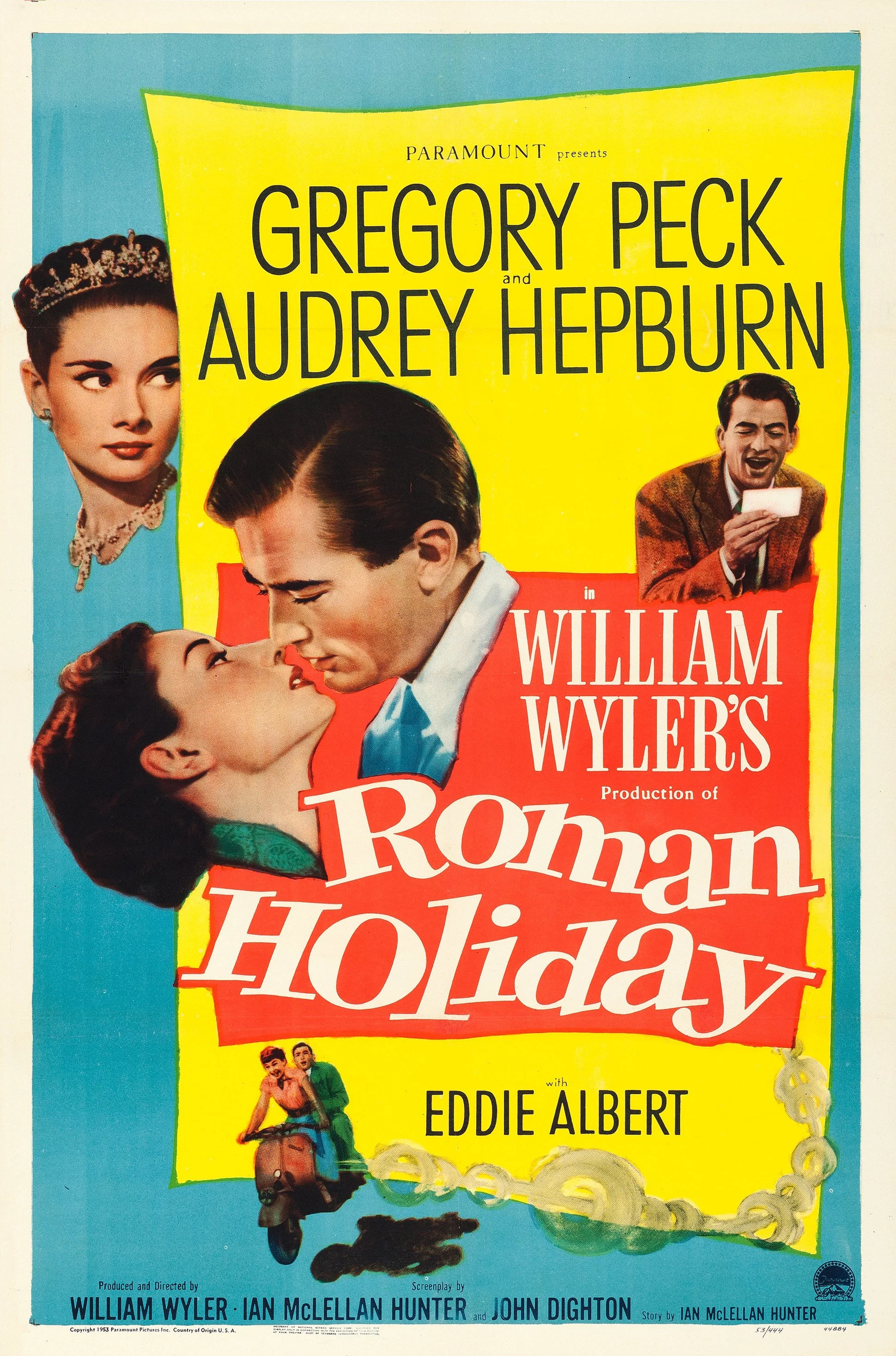
Possibly the greatest casting of all time in any movie, ever. No one but Audrey Hepburn and Gregory Peck could have pulled this off. But wow, did they ever.
Year Eligible: 1953 (Nominated)
Additional audio from Roman Holiday (1953)
(Explicit language, as always)
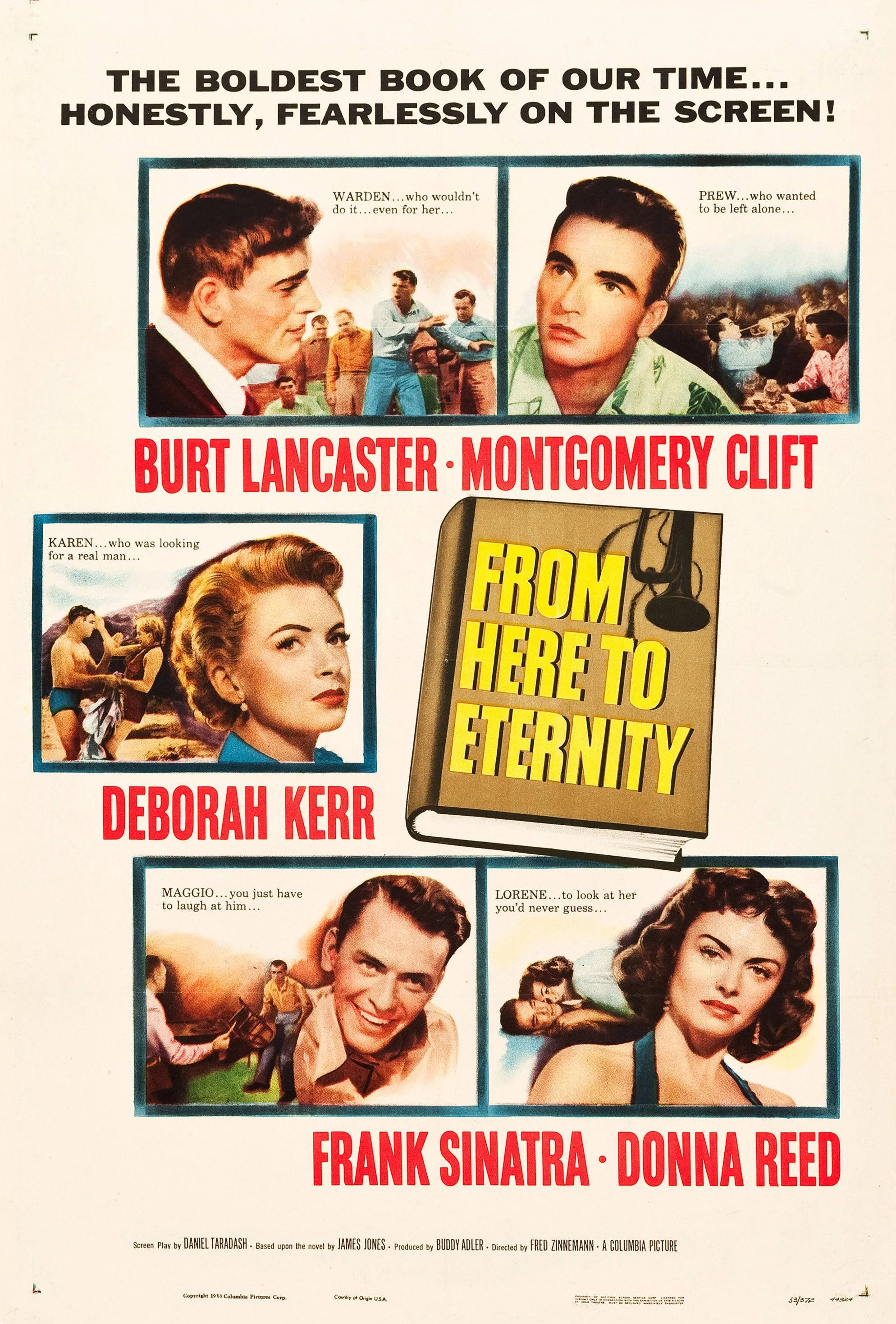
It’s got the most famous kissing scene of all time. It’s got at least 3 different plot lines. It’s got Hawaii, and the bombing of Pearl Harbor. It’s got Deborah Kerr, Montgomery Clift, Donna Read, Burt Lancaster, even Frank Sinatra! Surely the 1953 champion, From Here to Eternity, will easily withstand the screen test of time and hold its Best Picture crown in retrospect… or will it?
Year Eligible: 1953 (Won)
Additional audio from From Here to Eternity (1953)
(Explicit language, as always)

Listen, we weren't so sure about Marlon Brando as Marc Anthony, either, but trust us, it works. Mostly. It mostly works.
Year Eligible: 1953 (Nominated)
Additional audio from Julius Caesar (1953)
(Explicit language, as always)
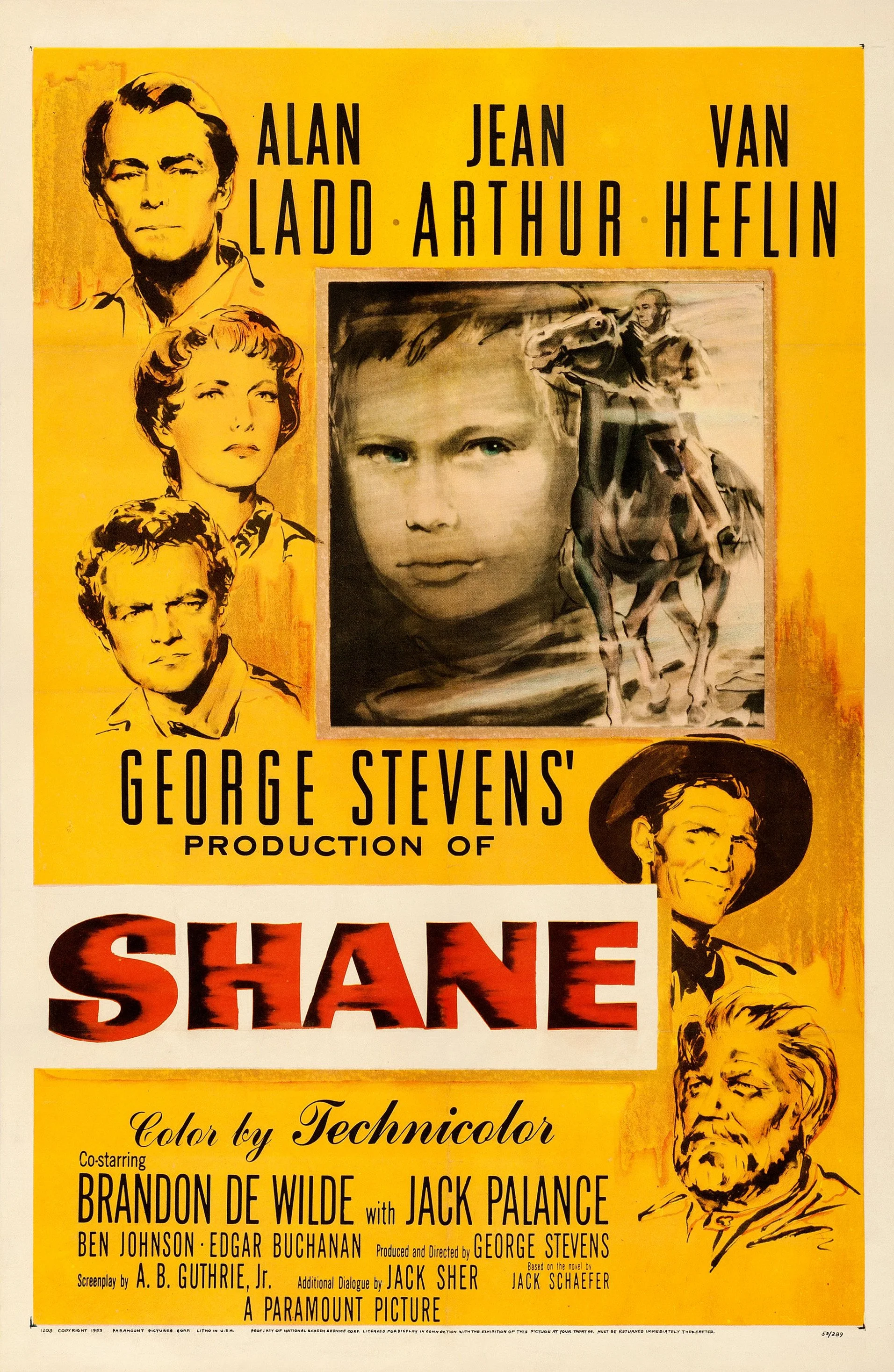
Despite its reputation as a classic, Shane leaves a lot to be desired as far as our hosts are concerned. Is it because the bad guys fought for the Union? Suzan and David discuss the weird failings of Westerns where the “good” guys fought for the Confederacy, with a detour remembering their confusing experiences learning Civil War history in Georgia and Tennessee schools.
Year Eligible: 1953 (Nominated)
Additional audio from Shane (1953) and The Negotiator (1998)
(Explicit language, as always)

There is a reason that the 2001 Moulin Rouge exists, and it’s because this one from 1952 wasn’t good enough to make the subject closed. Is there anything more egregious than a boring movie about Belle Époque Paris and its artists?
Year Eligible: 1952 (Nominated)
Additional audio from Moulin Rouge (1952)
(Explicit language, as always)

The 1938 Robin Hood did all of this better.
Year Eligible: 1952 (Nominated)
Additional audio from Ivanhoe (1952)
(Explicit language, as always)
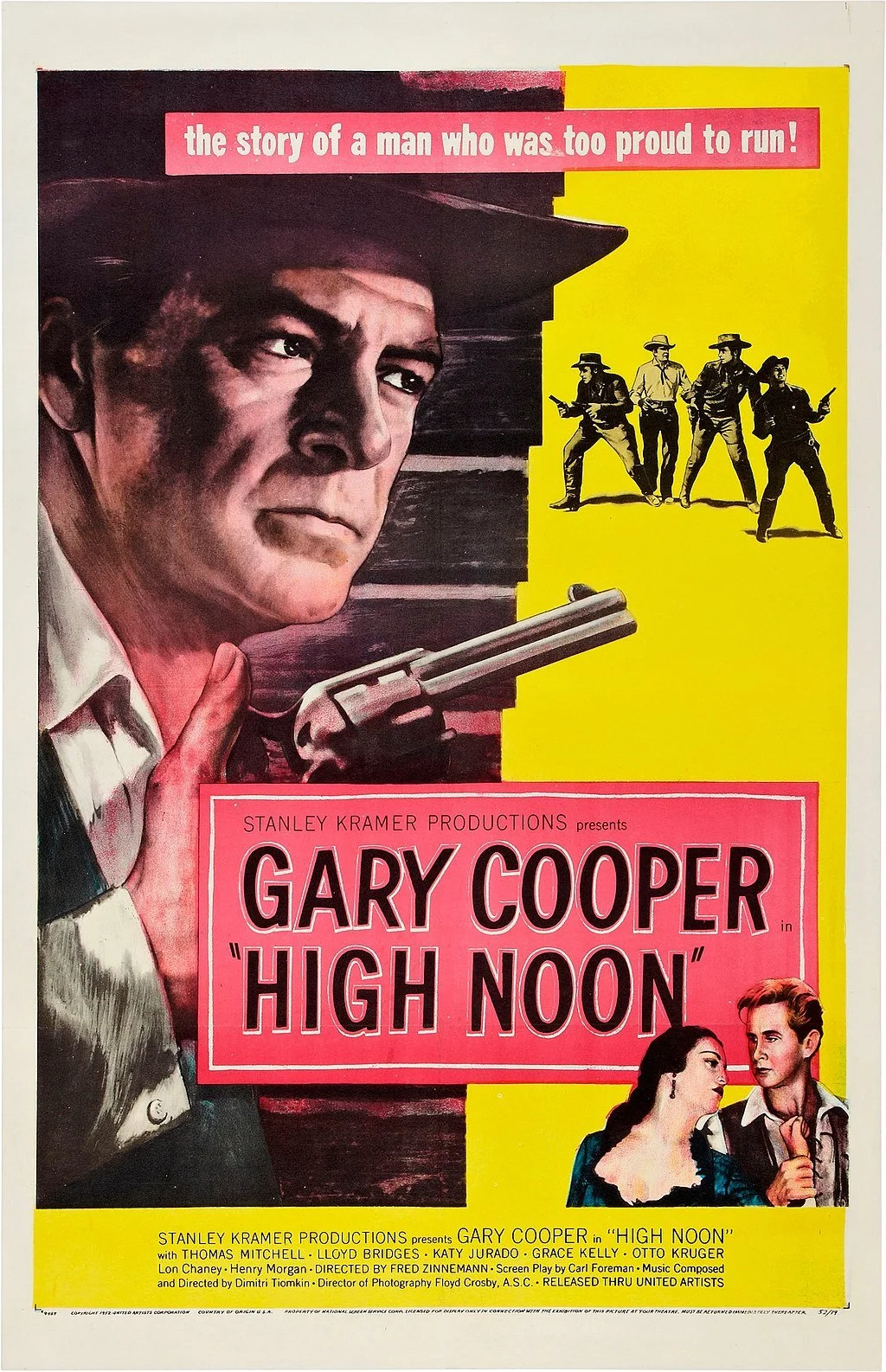
Suzan is in heaven this week, because Hollywood has finally figured out how to make a good Western, and even David enjoyed High Noon. Gary Cooper stars as a deputy literally an hour from retirement who is called by a sense of duty to protect the town he’s about to leave, anyway, from a gang he put away before who are headed back to town on the 12:00 train. Cooper is a surprising choice for a Western (and was the fifth choice for the role), but he once you see it, you can’t imagine High Noon with anyone else.
Year Eligible: 1952 (Nominated)
Additional audio from High Noon (1952)
(Explicit language, as always)

The Quiet Man represents a profound shift in Best Picture nominees, but it’s not necessarily a positive one. As Hollywood gets better at film making, stories with pretty abhorrent morals are more easily nestled in well directed, beautifully shot movies… which isn’t a good thing.
Year Eligible: 1952 (Nominated)
Additional audio from The Quiet Man (1952)
(Explicit language, as always)

There is no question that Cecil B. DeMille was one of the greatest directors of all time, but giving him a pity Oscar for this nonsensical, barely acted, overstuffed story about a love triangle on the flying trapeze was not the best way to honor the guy.
Year Eligible: 1952 (Won)
Additional audio from The Greatest Show on Earth (1952)
(Explicit language, as always)
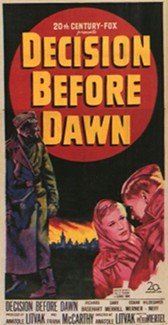
Maybe it was just too soon, historically, just a few years after the end of the war, to make a movie about how some Germans might have helped the US fight the Nazis in World War II. Or maybe Decision Before Dawn is just straight up boring.
Year Eligible: 1951 (Nominated)
Additional audio from Decision Before Dawn (1951)
(Explicit language, as always)
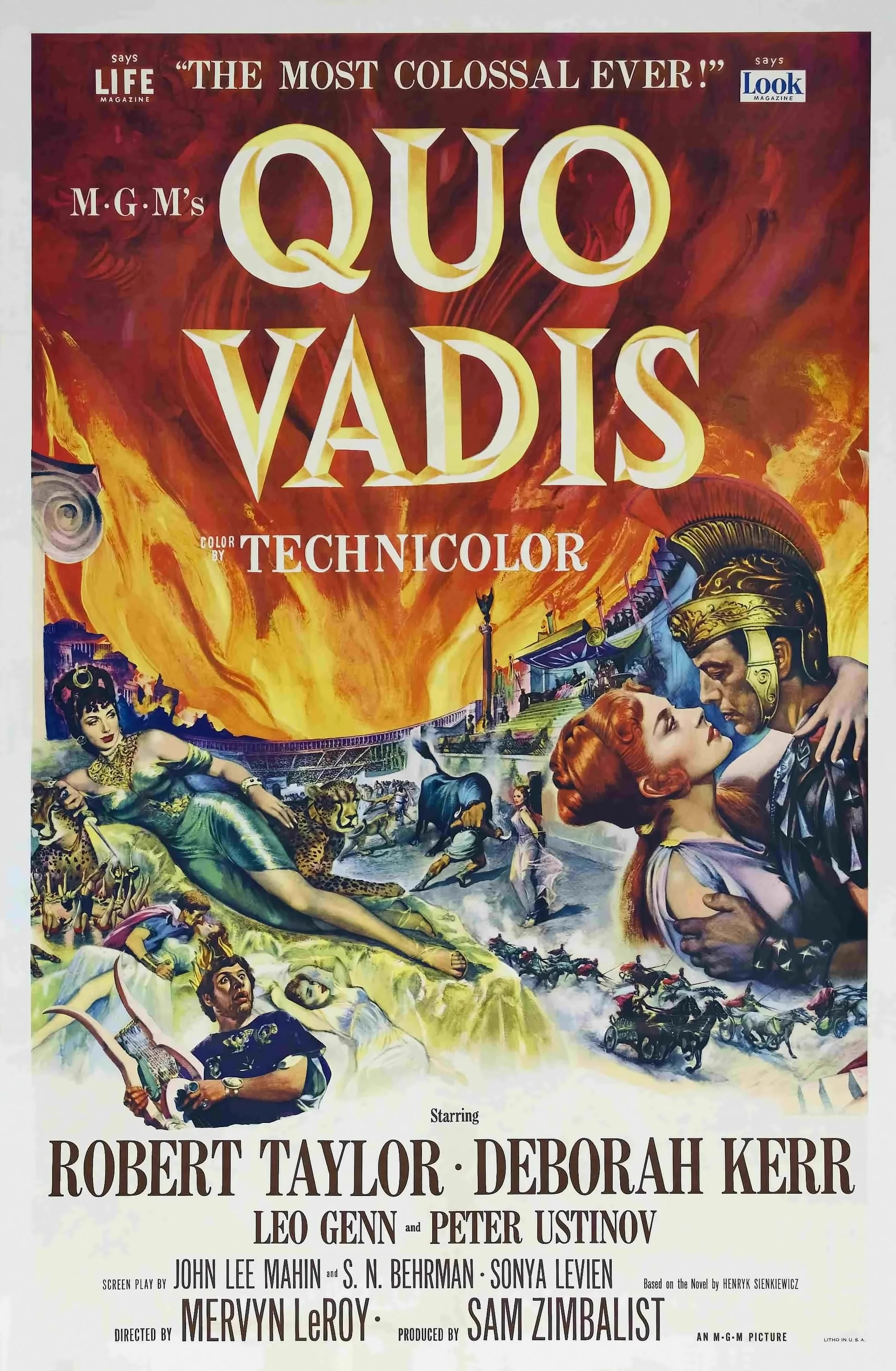
Okay, so maybe we took a 5 minute diversion to talk about the ludicrous sounding films listed in the filmographies of two of the stars of Quo Vadis, but listen, there just was not that much to say about this three hour long epic of incredible boredom.
Year Eligible: 1951 (Nominated)
Additional audio from Quo Vadis (1951)
(Explicit language, as always)